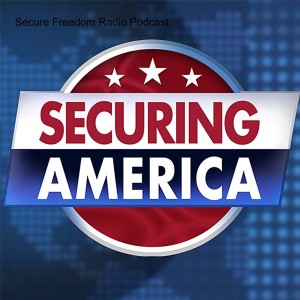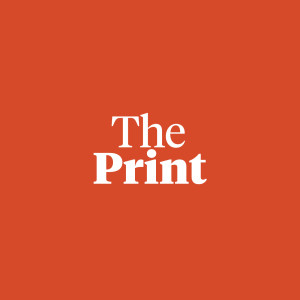

Peter Pham, Janice Kephart, Robert McDowell, Roger Noriega
Peter Pham analyzes the situation in Somalia with regards to the presence of African Union troops in Mogadishu, and the professional turnaround of fighting a counter insurgency. Will Somalia overcome Al-Shabab with assistance from the African Union troops or should the U.S. and NATO play an active role in the region? Pham touches on the issue of Boko Haram in Nigeria and their alliance with Al-Qaeda and Al-Shabab to over throw the government and create a Christian free zone in the north. Will we start to see a persecution of Christians in Nigeria?
The REAL ID Act was passed in 2005 as a result of the 9/11 Commission’s recommendations to prevent criminals and terrorists easy access to driver’s license and IDs which would conceal their identities. Janice Kephart sheds light on the REAL ID Act and why it has been difficult to implement. The Department of Homeland Security is taking no responsibility or part in the REAL ID Act and the states are receiving no guidance from DHS; should they be involved and fund states to help them implement this program effectively? Janice also talks about the pilot program between West Virginia and a private company, TechSack, which offers an extra incentive to the states to implement the REAL ID Act.
Robert McDowell, the commissioner of the Federal Communications Commission, explains that the United Nations is set to discuss internet governance in Geneva on Feb. 27, which could lead to an increased regulation of the internet by the International Telecommunications Union (created to regulate and facilitate international communication). McDowell holds that this would be a dangerous step toward censorship and cautions that it could inhibit web innovation. Shouldn’t it worry us that countries such as China and Russia are leading the charge for tougher internet regulations?
Venezuelan President Hugo Chávez has a strong weapon in his tough 2012 re-election campaign against a united opposition lead by Henrique Capriles: a multibillion dollar oil-for-credit deal with China. Chávez’s deal lets China secure oil supplies for its fast-growing economy and gives President Chávez a source of funds that he can use to fund politically popular programs and one that is free from omission; right in time when he is facing a strong opponent that threatens to end his dictatorship. Roger Noriega joins us today to provide clear analysis on the direction the Venezuelan government is taking and how dangerous this coalition between China and Venezuela is for the global democracy.
More Episodes
All Episodes>>You may also like
Create Your Podcast In Minutes
- Full-featured podcast site
- Unlimited storage and bandwidth
- Comprehensive podcast stats
- Distribute to Apple Podcasts, Spotify, and more
- Make money with your podcast



